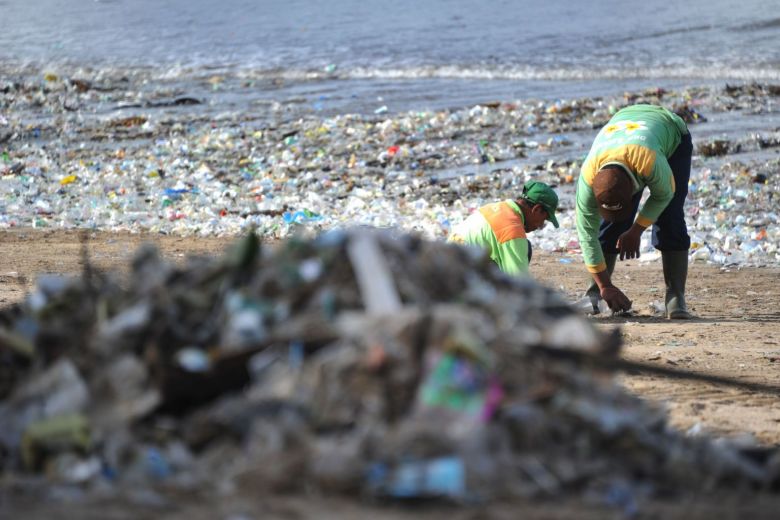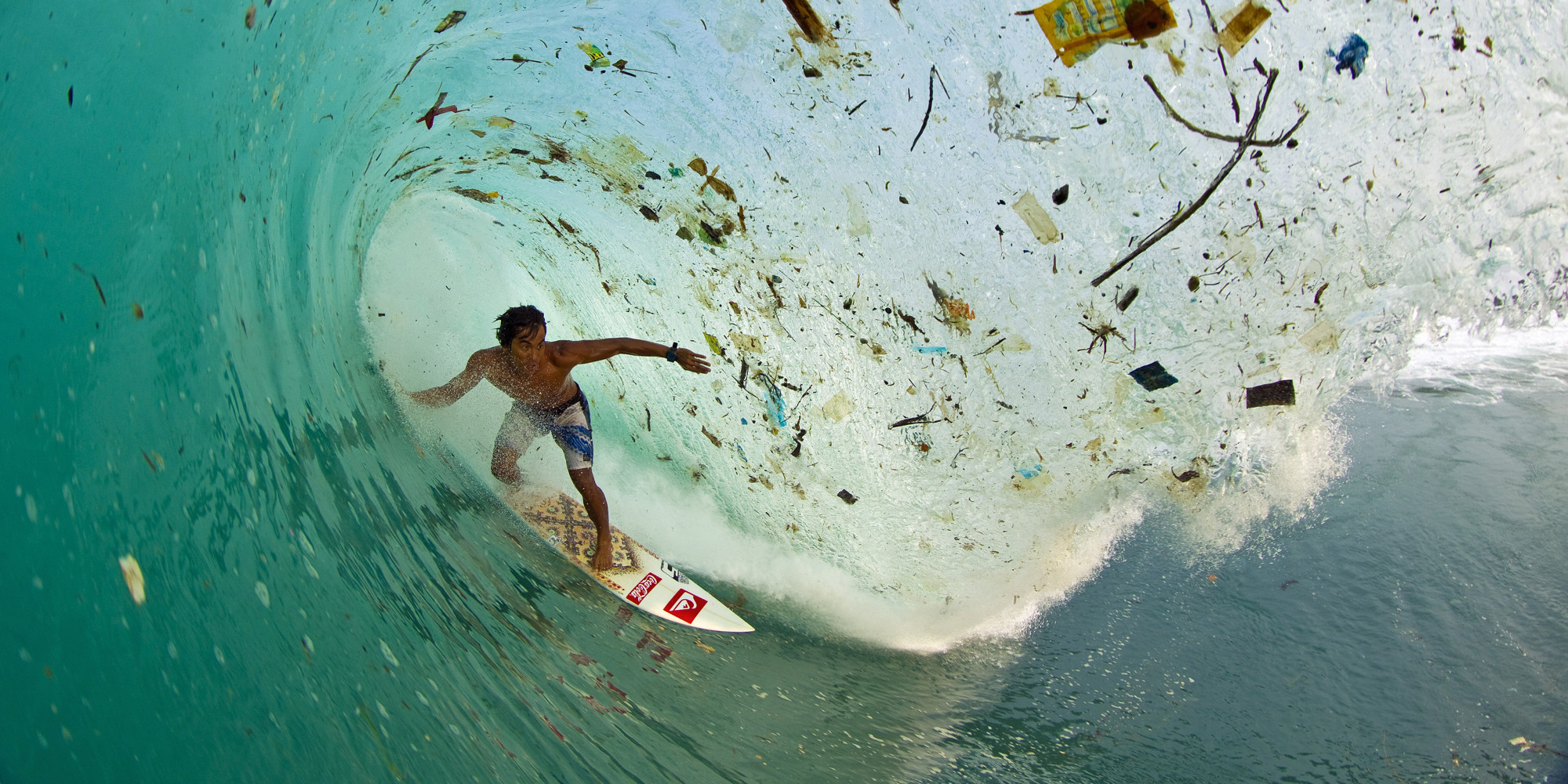Bali Bans Single-Use Plastics In 2019
This puts the Indonesian island ahead of most developed nations in the world, including Australia and the U.S.
The Indonesian Island of Bali represents a lot of different things to a lot of different people.
It’s a spiritual enclave, being one of Indo’s few Hindu-majority regions in an 18,000-island archipelago that comprises the largest Muslim nation in the world.
It’s an East-Asian Ibiza, with fanatical youths from every Western nation descending on Balinese shores to party early, often, and on a shoestring budget.
And most importantly to us, Bali is a magical surfing destination, home to some of the most coveted breaks this world has to offer, from Uluwatu and Padang Padang on the Bukit Peninsula to Keramas and Sanur on the easterly coast.
But if there’s one thing that all of Bali’s residents and visitors can agree upon, it’s that a dire pollution issue exists on the most famous of the Spice Islands.

This issue stems from the fact that, when Bali was discovered by Westerners and subsequently turned into a paradisiacal tourist attraction, it was done without consideration for how our Western commodities would affect the island itself. Mainly, single-use plastics (something that was non-existent to Balinese locals prior to the 1970s) were a product that they weren’t prepared to deal with on any significant scale.
Trash disposal in Bali has historically consisted of burning piles of rubbish in backyards – a method that worked for biodegradable products at a small scale, but not for single-use, thousand-year plastics that coincided with a significant spike in the island’s population.
As a result, plastic has ended up everywhere: lakes, rivers, roadways, and beyond, ultimately landing on Balinese shores and drifting out to sea.

Zak Noyle captured this startling image, which we believe tells 100,000 stories of the plastic issue.
There have been many movements to help reduce the plastic consumption in Bali, including from the WSL and other major organizations, but none have been as persistent as Balinese sisters Isabel and Malati, who at the ages of 13 and 15, started Bye Bye Plastic Bags and have campaigned against single-use synthetics ever since.
After years of non-stop efforts, the girls’ efforts have finally paid off. As of December 21, Balinese governor Wayan Koster signed a law that will ban the sale of single-use plastics starting in June of 2019 (as to give businesses six months to alter their current methods of merchandising). Koster hopes that the new law will cut single-use plastic consumption by 70% in 2019 and even more into the future.
“This policy is aimed at producers, distributors, suppliers and business actors, including individuals, to suppress the use of single-use plastics. They must substitute plastics with other materials,” Mr. Koster said. “If they disobey, we will take action, like not extending their business permit.”
We can only hope that this law will truly take hold in Bali and soon thereafter across the world. Hell, politicians in the U.S. and Australia could learn a lot from Koster’s power-move. If our world is to survive the human plague, single-use plastics will be one of the first things to go.




Comments
Comments are a Stab Premium feature. Gotta join to talk shop.
Already a member? Sign In
Want to join? Sign Up